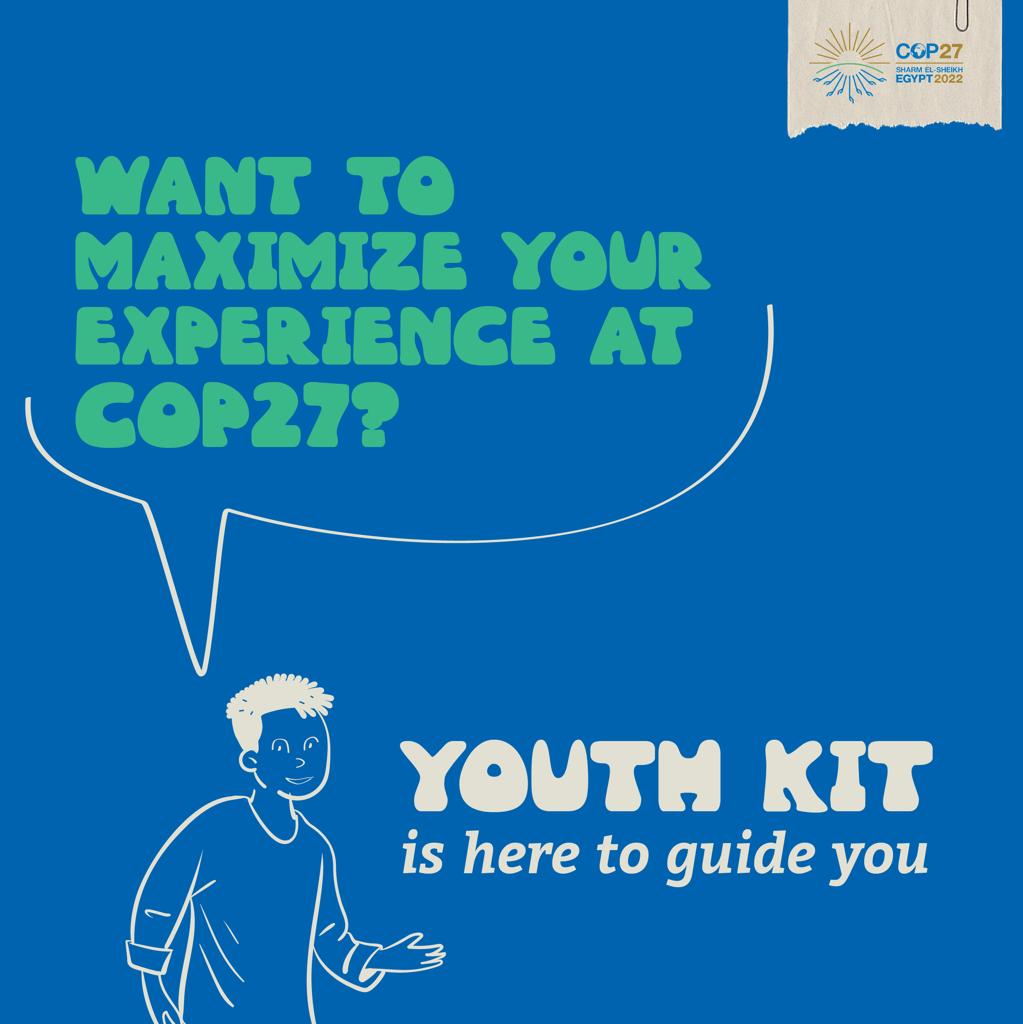Tobacco waste is one of the largest sources of plastic pollution on the planet. Trillions of cigarette butts are thrown away every year, polluting soils and seas with toxic chemicals and harmful plastics. Although e-cigarettes are marketed as less harmful to health, e-cigarettes pose a huge threat to the environment.
Electronic cigarettes have spread widely over the past years, especially among people who want to quit smoking and among young people as well. According to Britain’s Public Health Service, the number of adults who smoke e-cigarettes increased from 1.7 percent in 2012 to 7.1 percent in 2019 in the United Kingdom.
1.3 million single-use electronic cigarettes
Electronic cigarettes are marketed in many shapes and sizes, some are reusable and can be refilled with single-use plastic cartridges, and others are disposable.
Around 1.3 million single-use electronic cigarettes are discarded in the UK every week, which equates to two every second, according to research from Material Focus.
“As the e-cigarette market is primarily owned by tobacco manufacturers, it is legitimate to ask whether vaping is more environmentally friendly than classic smoking,” say Jeremy Bourches and Clement Mercier. “There is a new threat now facing our planet: e-cigarette waste.”
The need to recycle electronic cigarettes
The main problem is that single-use e-cigarettes are rarely recycled, and they pose an environmental hazard due to plastic and precious metals such as lithium.
Each e-cigarette contains 0.15 grams of lithium, which equates to 10 tons of lithium per year. In addition, there is a real problem with the recycling of e-cigarettes as their easily flammable components pose a risk of fire.
Manufacturers do not provide clear instructions on how to dispose of e-cigarettes or the correct way to recycle them. “Producers and retailers need to work together to make sure users are aware of e-cigarette recycling,” says Scott Butler, CEO of Material Focus.












